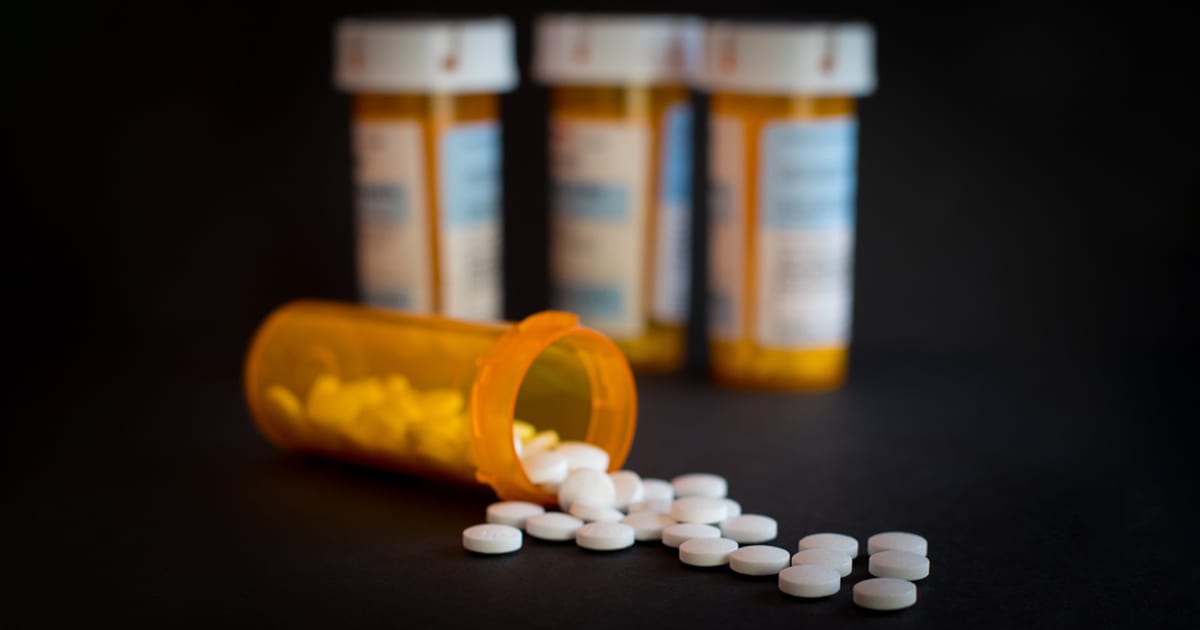Opioid addiction is no laughing matter. Not only does it ruin lives, it can also end them. Amidst the ongoing opioid crisis, one of the worst public health crises in American history, any manner of combating addiction that is proven and safe is welcomed. Suboxone treatments are a somewhat recent addition to the list of possible cures for opioid addiction, and are gaining traction. Data demonstrates its effectiveness, and there are many medical professionals who vouch for it.
To understand the increasing popularity of Suboxone treatment, one must first understand what it is. Suboxone is actually two drugs, buprenorphine and naloxone, combined into one medication. Buprenorphine is a partial opioid agonist, which means that it is a less effective opioid than a pure agonist, for example heroin. This is ingredient is one of the reasons Suboxone treatments work so well. The weaker agonist allows the client to wean themselves off of their prior addiction in a way that minimizes their withdrawal symptoms. Withdrawal symptoms caused by giving up opioids can be particularly painful and devastating, so this is of great importance. The other ingredient in Suboxone, naloxone, is a pure opioid antagonist. This means naloxone completely blocks the effects of opioids by binding to opioid centers in the brain. The combination of these two drugs make for a treatment that almost all studies have observed positive results from.
In a study conducted by the Journal of the American Medical Association, 154 participants found that the outcomes of their treatments were improved by Suboxone treatment. In fact, not only did the usage of opioids go down, so did the usage of other drugs. The lead investigator of the study also noted that those who had received long term amounts of Suboxone where able to better retain the treatment concepts taught at sessions, versus the ones who did not. Thus, it can be seen that Suboxone treatment does not mentally impair one, as one might assume of ingestion of opioids. Another investigator of the matter stated that users of Suboxone saw it as an improvement to earlier treatments as they were not drowsy after taking it, and thus they could function as they normally would. There are even more studies that highlight the effectiveness of Suboxone treatment, for instance over a twelve-week period 49% of those using Suboxone reduced their abuse of painkillers. Evidence such as these making a convincing statement in the name of Suboxone treatment as not only does it help with overcoming addiction of hard drugs such as heroin, it reduces the abuse of other drugs as well.
Due to the fact that Suboxone is also an opioid, there is groundless prejudice against its use to treat opioid addiction. The are those who believe Suboxone treatment is not a valid option because how can one be recovering from an opioid addiction by using a different opioid? Contrary to this belief are the statistics in favor of Suboxone treatment, for instance, medication-assisted therapies (MATs) have cut the risk of fatal overdoses in half. Once one is addicted to opioids, they need special care in order to overcome the addiction. Opioid dependence is so powerful that most of the time, attempting to take the cold turkey approach is futile. The safest way is really, to wean patients off of stronger opioids by using weaker ones until they have at last regained the strength to quit for good. It is the lesser of two evils.
Nowadays, as addiction is becoming viewed as a medical condition, Suboxone is becoming a medicine for addiction like insulin is for diabetes. And so, to say it is ineffective because it is an opioid being used to treat an opioid addiction is unfair and inaccurate. It is the first medication of its kind that can be prescribed by specially trained and licensed physicians. In fact, a great number of doctor and addiction experts are in agreement that Suboxone can save lives. People with such extensive knowledge in their fields should be trusted when they advocate for a certain type of medication. After all, what would they be able to gain from supporting something that does not work? Furthermore, compared to other opioids used in this manner, Suboxone is less able to be abused. This is because Suboxone is a partial opiate reactor only, and so the feeling of euphoria produced and the risk that breathing will be stopped is much lower than compared with other opiates, such as heroine or morphine. This is contrary to the claims that one can, and is likely to, abuse Suboxone. The arguments made against Suboxone treatment are weak and uncompelling.
As of now, suboxone is the preferred method to treat opioid addiction because its effectiveness has been statistically proven time and time again. The drugs used to produce the medication alleviate and can possibly even eliminate the symptoms of withdrawal from stronger opiates. It is a new and safe alternative much needed in the fight against drug abuse in America.









1 Comment
Comments are closed.